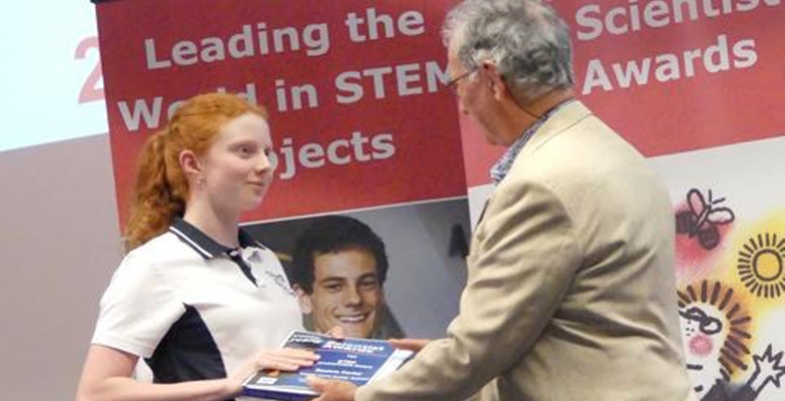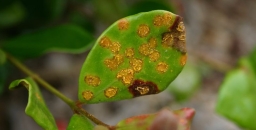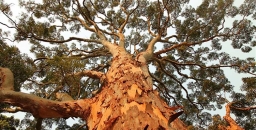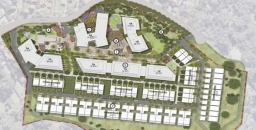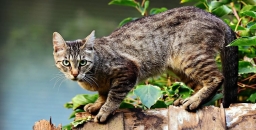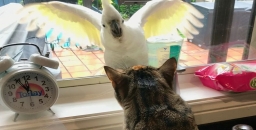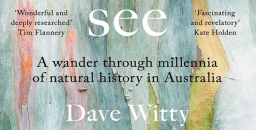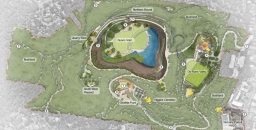STEP has been giving a Young Scientist prize at the annual awards every year since 2001. During this period the event has grown and grown, now with prizes totaling more than $30,000.00. All school years are covered, from K to year 12, and it was delightful to see some of the younger winners bouncing up onto the stage, and to learn how serious their projects were.
One highlight for us was the ongoing success of past two-times STEP winner Jade Moxey, now a Young Scientist ‘insider’ and a member of the stage party this year. She's also now a first year science student at Canberra Uni.
STEP gets to judge a selection of the order of six to eight entries picked by the board from the environmental side of the science projects. These usually cover a range of topics, but plastic bags and plastic pollution figured prominently this year. There were also bushland related ones, which for the past two years have featured Lake Parramatta Reserve, that precious little surviving enclave of sandstone flora that just happens to have several schools nearby. This year these schools generated a project on cicadas and another based on Powerful Owl sightings.
While STEP naturally welcomes the bushland projects, neither of this year's entries was a leader and our judgment favoured a neat little one on microplastic pollution of beach sand by a year 6 student. She is Beatrix Farley, from Castle Cove Public School, and the systematic nature of her collecting and observations, taken from beaches south of Sydney to as far north as Cape York Peninsula, plus her excellent presentation, won the day. Her results were to some degree counterintuitive too, the most polluted sands being collected from remote Cape York beaches, in her view related to the impact on that coastline of the South Equatorial Current. Her entry won her three other prizes and she was featured on stage as one of a small group of ‘primary scientists’.
There were, I feel, some minor downsides affecting our entries. Some written presentations were below par in being too long-winded, convoluted and slow to get to the point. One of the bushland related entries was peppered with spelling mistakes that could have easily been corrected by any spell checker. Such flaws will naturally cast a shadow over an otherwise well thought out project.

